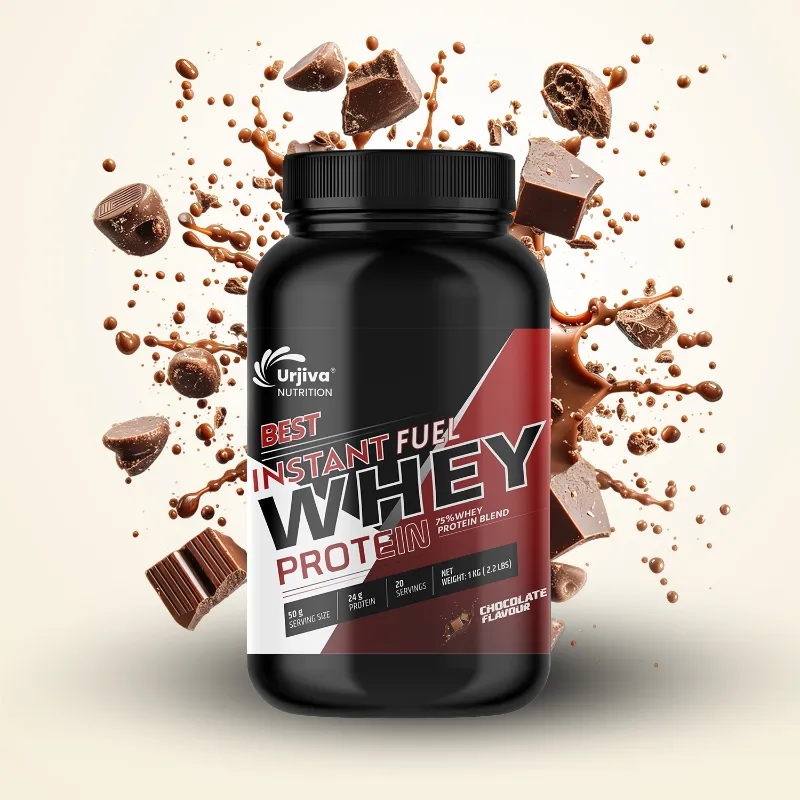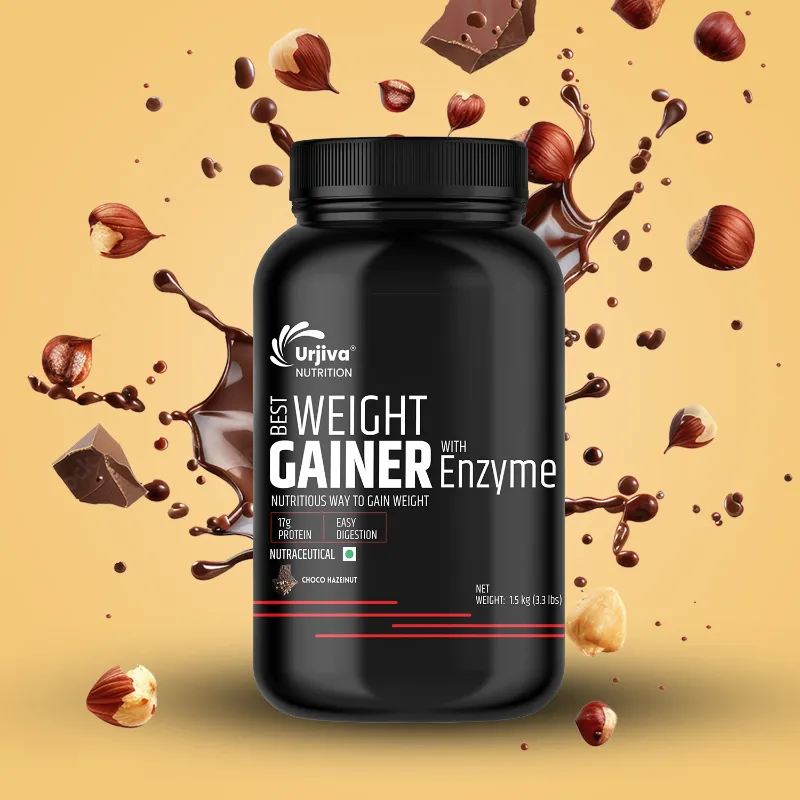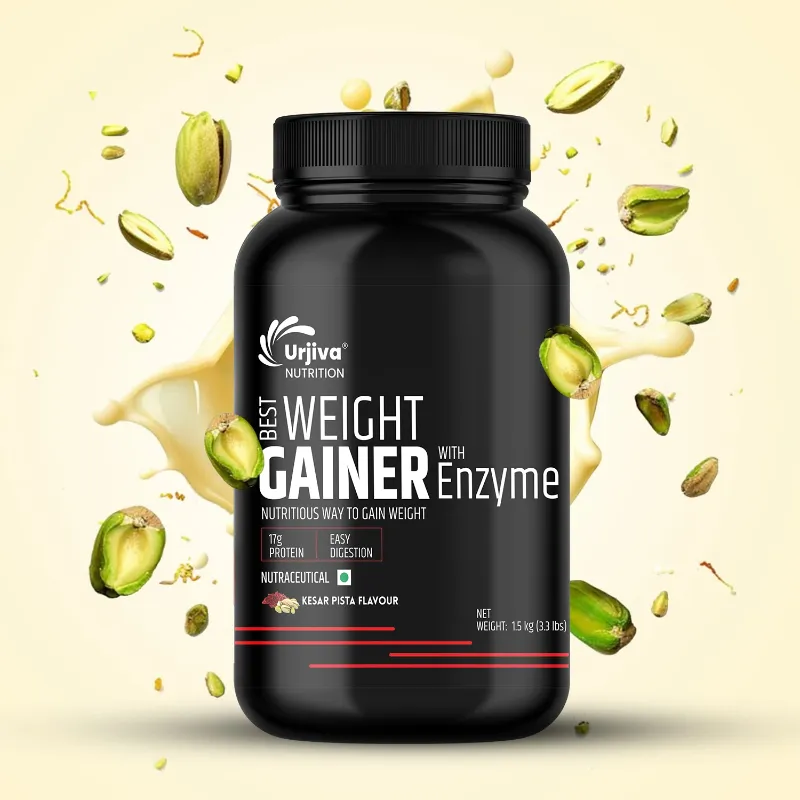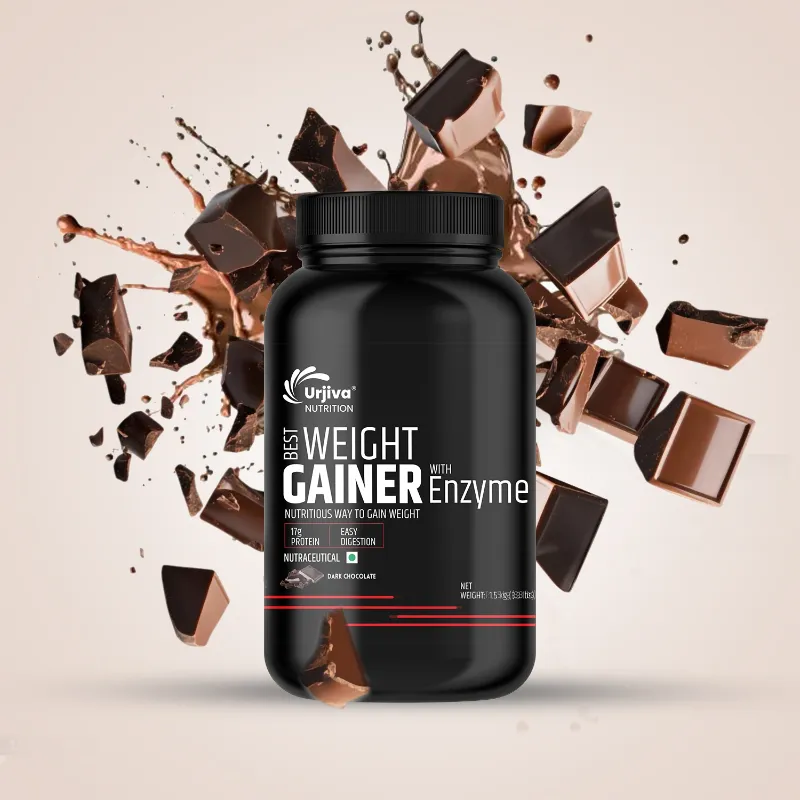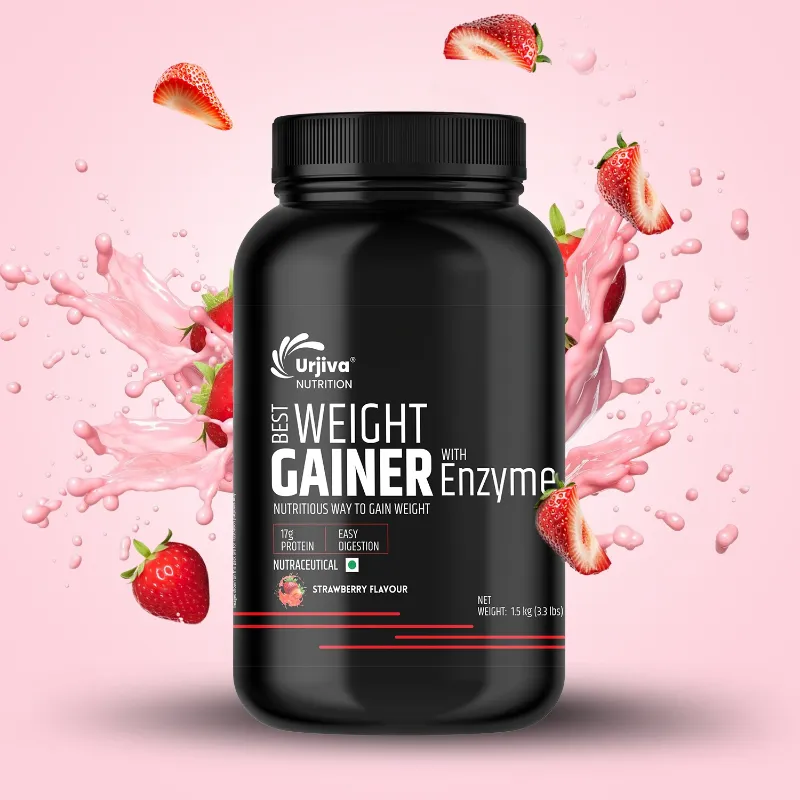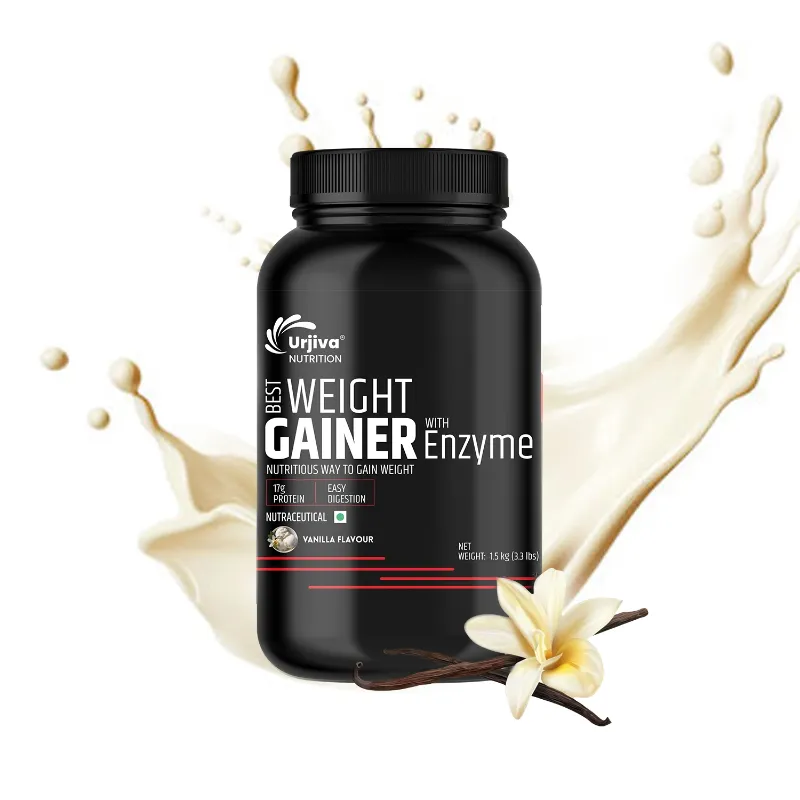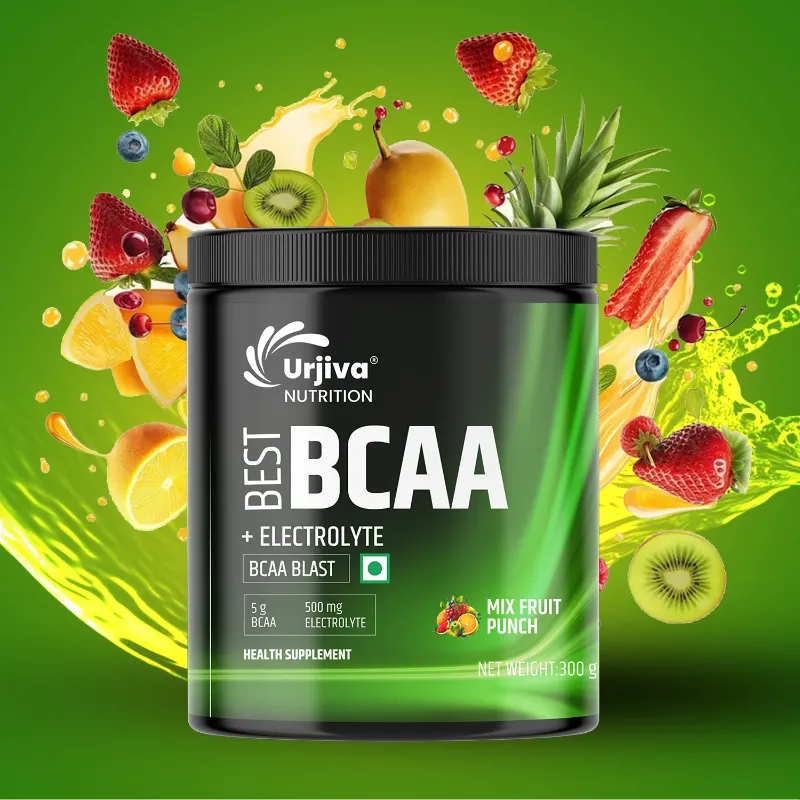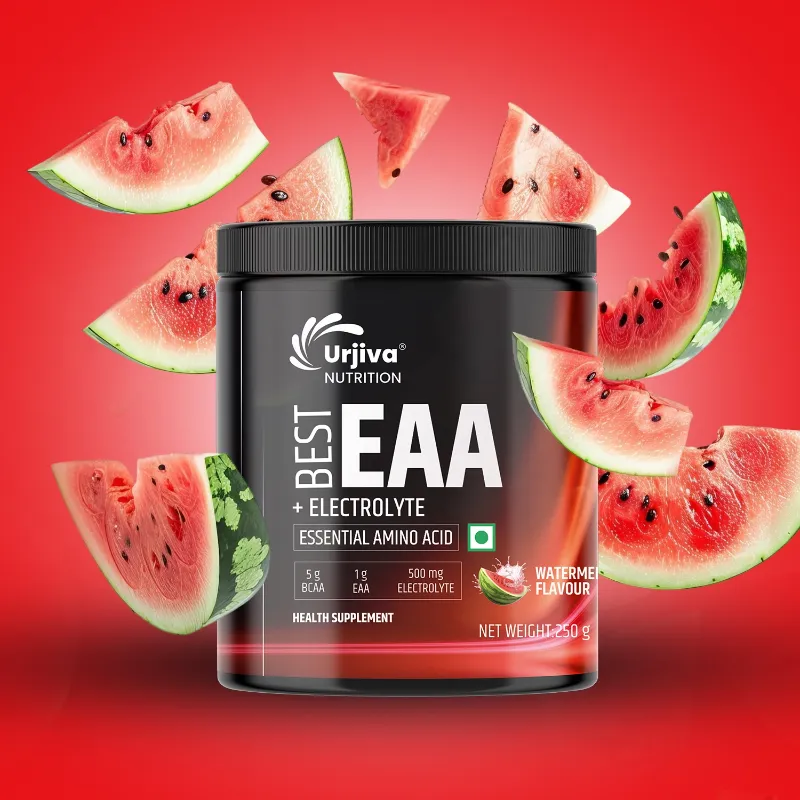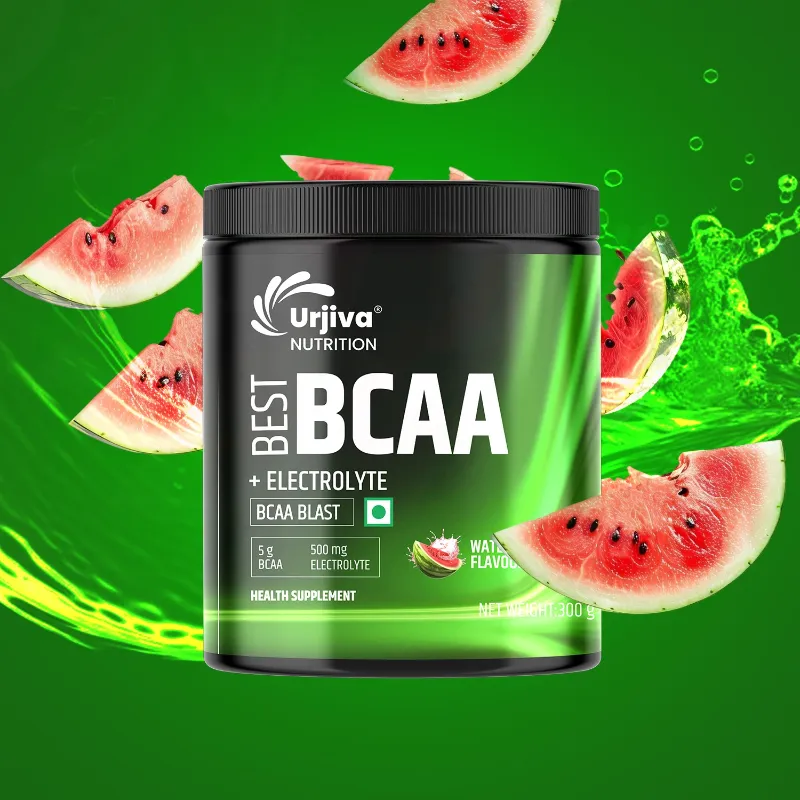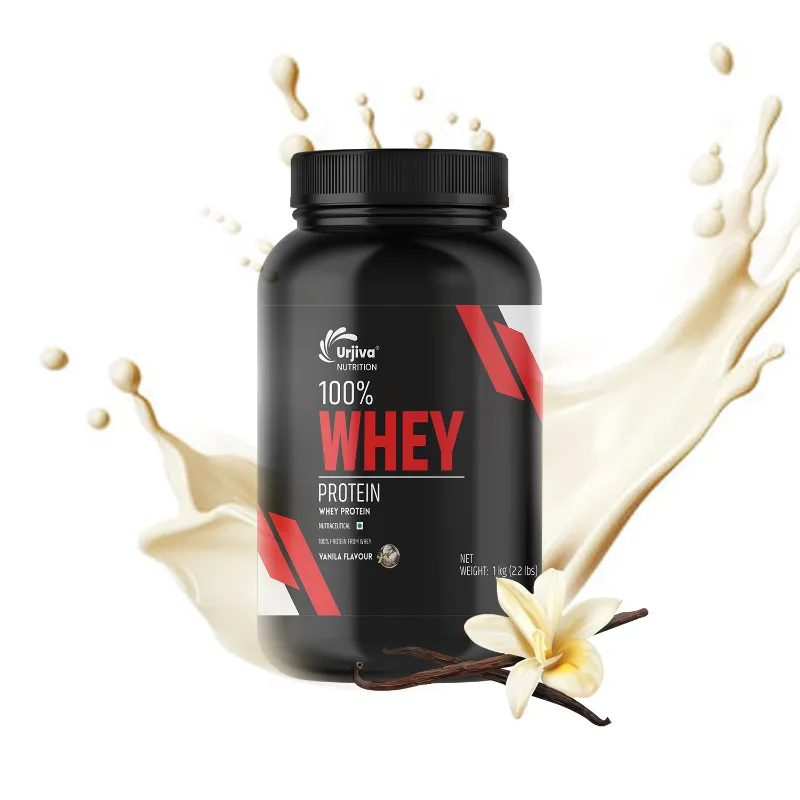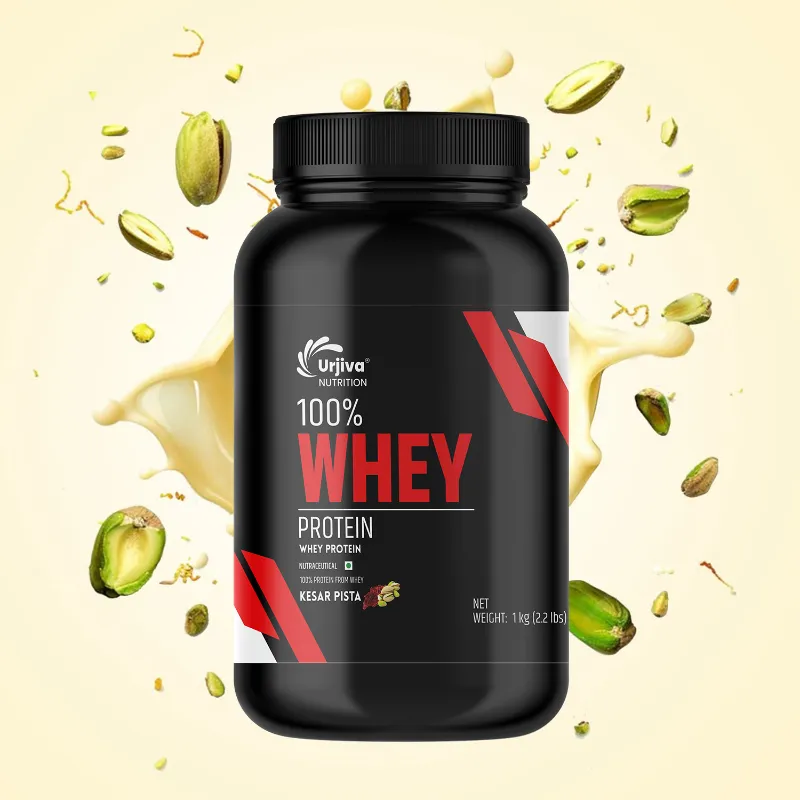Protein is one of the best things that can be done to improve your health, fitness, and nutrition. It plays a role as a growth or repair molecule in muscle construction, repair, and maintenance. Among the most popular protein supplements are casein protein vs whey, both of which are milk-derived but carry different advantages depending on your fitness goals, dietary needs, and lifestyle. This ultimate guide breaks down what the benefits, differences, and ideal uses of these two types of protein are, making it easier for you to choose the right one for your body and lifestyle.
What Is Casein Protein?
Casein is a milk protein that constitutes about 80% of the protein content in cow's milk. Casein is not like whey, which is a fast-digesting protein. When taken, it forms a gel-like substance in the stomach, slowing down the digestion process and gradually releasing amino acids into the bloodstream. This slow release of protein helps to provide a steady supply of nutrients to muscles over a prolonged period, making it ideal for times when the body is fasting, like during sleep.Casein is more known for being used to increase muscle repair and growth during low activity periods. This is a perfect choice to consume before bed since it can work overnight to repair and grow the muscles.
What Is Whey Protein?
Whey protein, on the other hand, is a fast-digesting protein that is also milk-derived. It constitutes about 20% of the protein in cow's milk, while casein constitutes the remaining 80%. Whey protein is absorbed by the body quickly, causing an immediate increase in amino acids in the bloodstream. Due to this fast absorption, whey is considered an excellent choice for post-workout nutrition, as it aids in repairing muscles almost immediately after exercise.Whey protein is also rich in branched-chain amino acids (BCAAs) such as leucine, which are crucial for muscle growth and recovery. Because of its fast digestion and high BCAA content, whey protein is widely used by athletes and fitness enthusiasts to maximize their performance and recovery.
Casein Protein vs Whey: Key Differences
Although both casein protein vs whey are derived from milk, they have a number of key differences that make them suitable for different purposes. Let's see how they differ in terms of digestion speed, amino acid profiles, and timing of consumption.Digestion Rate
One of the biggest differences between casein protein vs whey is how quickly the body digests them. Whey protein is absorbed much faster than casein protein. Whey protein could hit the bloodstream quickly, offer a quick availability of amino acids to the muscles, and hence be very suitable for post-workout recovery. Casein protein releases amino acids gradually, over the course of hours. This is the best option to provide a continuous flow of protein during a sleep period or during long stretches of time without food intake.Amino Acid Profile
Both casein protein vs whey are complete proteins, containing all nine essential amino acids the body cannot make on its own. Whey protein contains more branched-chain amino acids (BCAAs) and higher amounts of leucine, an important stimulator of muscle protein synthesis. Casein contains all essential amino acids but has a higher level of glutamine, which helps in recovery and immune function in muscles.Muscle Growth and Repair
Both casein and whey protein are effective in promoting muscle growth and recovery, but they do so in different ways. Whey protein is quickly absorbed, which is great for repairing muscles immediately after a workout, while casein works over a longer period, helping to sustain muscle growth and recovery over several hours. If your goal is rapid muscle recovery, whey protein is ideal. It supports the muscles if you want it to work over night or even between meals, casein is a better protein.Satiety and Hunger Control
The often forgotten benefit of casein protein is that it can keep you full for a longer period of time. This is because of the slow rate at which casein digests, thereby keeping one satiated, which may be especially useful when managing weight. Although not as slow to digest, whey protein will give you some degree of fullness but is not the same in its effect on extended periods of appetite control.Advantages of Casein Protein
There are various advantages associated with casein protein compared to whey, such as what is discussed in the following advantages:Slow Release to Support Prolonged Muscle Repair
Casein protein takes a long time to digest. This is suitable for a continuous release of amino acids throughout the night. Such an action will ensure that the muscle breakdown that would occur during a fast, like sleep, does not happen; your body, therefore, recovers and grows as needed.Enhanced Recovery of Muscles
The protein casein triggers muscle protein synthesis over a more extended period and is thus more useful for repairing and building muscle. It will also reduce the breakdown of muscle during periods of rest or idleness.Supports Weight Management
Since casein protein has the effect of keeping you fuller for longer, it might just be a helpful tool for anyone who wishes to manage weight or curb cravings between meals. The satiety resulting from this will prevent overeating and help you stick to your diet.Rich in Immune-Boosting Properties
Bioactive peptides are contained in casein, which help support the immune system. Peptides may have an enhancing effect on immune function, which makes your body robust and healthy under intense physical activities or stress.Advantages of Whey Protein
Whey protein has many benefits, especially to muscle growth and post-workout recovery. The following are its key advantages:Fast Absorption for Quick Recovery
Post-workout nutrition primarily requires whey, as it is absorbed quickly by the body. After exercising, your muscles require immediate nutrients to start the repair process. This is when the amino acids in whey protein will rapidly stimulate muscle recovery and growth.High in BCAAs for Muscle Growth
Whey protein is rich in BCAAs, especially leucine, which stimulates muscle protein synthesis. BCAAs are important for muscle repair and growth; thus, whey protein is a great supplement for athletes and bodybuilders.Boosts metabolism and supports fat loss
Some studies have suggested that whey protein may increase metabolic rate and support fat loss. Whey protein can also help in the maintenance of a lean physique through the promotion of muscle growth and regulation of appetite, which would improve overall body composition.Supports Overall Health
This particular amino acid that makes whey protein rich in glutamine contributes significantly to maintaining immunity and intestinal health. Further, whey protein has antioxidant effects and minimizes inflammation levels. Therefore, in relation to its beneficial effects for well-being improvement, it should be considered appropriate for use as well.Casein Protein vs Whey: Which One Is Right for You?
After highlighting the primary differences and benefits between casein and whey proteins, let us consider which best suits your purposes and lifestyle.For post-exercise recovery:
If your immediate goal is the quicker repair of muscle tissue following an exercise, your best option will be whey protein, given its faster absorption rate for speedy delivery of amino acids to your muscles almost right after exercise, allowing for rapid restoration.For Night muscle repair
For overnight rest periods, the ideal protein that you need would be casein. Casein being digested gradually means it gives your body a continuous stream of amino acids through the night, providing optimal conditions for the growth of your muscles and preventing their breakdown while you sleep at night.For Weight management and even satiety
Casein protein is excellent for those who want to manage their weight or reduce hunger between meals because it keeps you feeling full for a longer period of time. Whey protein, although still good for appetite control, does not provide the same level of sustained fullness as casein.For Convenience and Versatility
Both casein and whey protein can be added to various meals, smoothies, and snacks. While whey protein is more advisable for those on the go because it digests quickly and will cause immediate benefits, casein protein is suitable for those with ample time who want sustained nourishment.How Urjiva can support your protein needs
At Urjiva, we understand the importance of high-quality protein supplements in achieving your fitness and health goals. Our plant-based protein products are designed to provide the nutrients you need to support muscle growth, recovery, and overall wellness. Whether you choose casein protein vs whey, we offer a variety of options to suit your lifestyle and dietary preferences.By choosing Urjiva, you take it as a guarantee that you will get high-quality, integrity, and sustainability. Our protein supplements are designed for your health and performance, and you'll get just everything to release all potential.
Conclusion: Casein Protein vs Whey
In conclusion, different benefits emerge with both casein and whey based on your needs and what you want to achieve. Casein protein vs whey can both be used to promote muscle growth, recovery, and overall health. However, differences in digestion speed, amino acid profiles, and ideal timing for consumption make one better suited for certain situations. Understanding how each protein works and how they align with your fitness goals will allow you to make an informed decision about which one is right for you.
Whether you want the fast-acting effects of whey protein for post-workout recovery or the steady nourishment of casein protein before bed, both can be very powerful tools in helping you achieve your health and fitness objectives.

